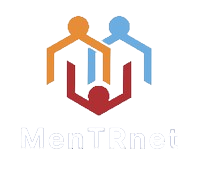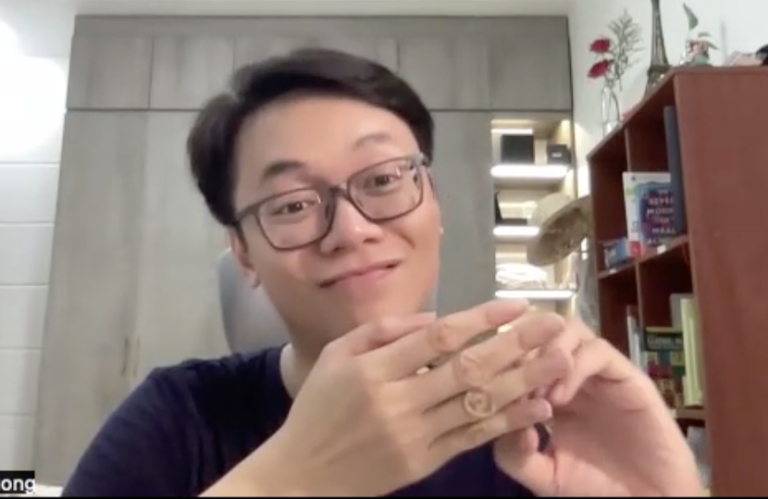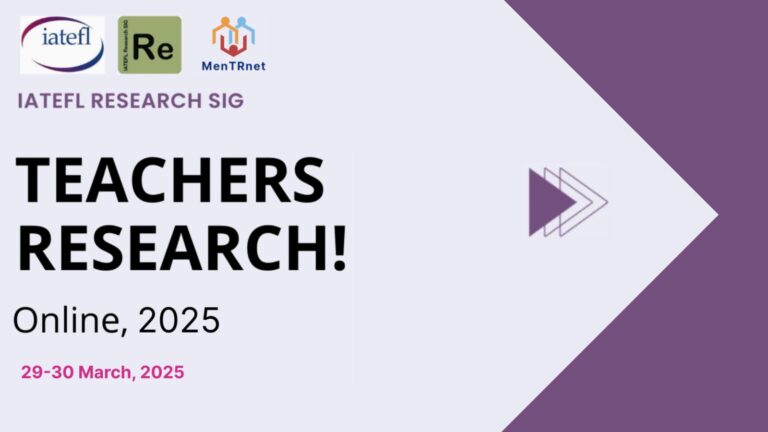
I first began to think seriously about what it meant to be ethical in my teacher research when my classroom practice, and in particular, my Exploratory Practice (Hanks 2017), was generating the data for my doctorate. Although I had an implicit belief in the benefits of inclusive practitioner research (including both teacher and learners in the research process) to improve the quality of life in my classroom, this belief was questioned when the students themselves seemed to suggest they were not benefitting (Dawson 2017). Later, as a mentor, I was again challenged about what it meant to undertake my mentoring ethically, and how I could help my mentees to think ethically about their own teacher research.
This blog post outlines some of the questions I try and ask myself and some of the ethical areas that I think are important when we are both doing, and mentoring, teacher research.
One of the fundamental guiding moral principles of all educational research – not only teacher research – is that it ‘should aim to maximise benefit and minimise harm’ (BERA 2024, p.13). This means that what we do with our mentees, learners, colleagues, parents of learners, administrators, and anyone else involved in the teacher research process, will not bring harm to anyone, but will bring benefit and good to all.
That might seem easy to achieve if we believe that doing teacher research is positive for everyone, as I did. However, there might be times during the process when it doesn’t seem to be benefitting everyone: maybe because our mentees or their learners feel that it is taking away from the ‘real’ work of teaching and learning; or because it becomes too time-consuming and stressful; or because we are dealing with sensitive issues in our particular context and not everyone is happy. At these times, we need to step back and think ethically, and help our mentees to think ethically, about what is happening and what might need to change in our approach so that we can continue to maximise benefit and minimise harm.
Another guiding principle is that ethical research is based on building relationships of trust and respect between all members of the mentoring relationship. This is not just the relationship between mentor and mentee, but also the relationship between our mentees and their learners and colleagues. It might also include our own, or our mentees’ relationships with their institution, funding body, learners’ parents and other stakeholders. We need to think about how we might maximise benefit and minimise harm while also building trust and respect within those relationships. This means thinking about several issues, including the ones below.
The first issue is around who has power over who in the mentor-mentee relationship (or teacher-learner relationship) and how that might impact on the research and on the relationship itself. This question is particularly important in a context where the mentor is also grading the mentee, or where the research is perhaps linked to promotion, to funding, to a doctorate, or some other type of certification. Might we be tempted to coerce people to participate or continue participating because we need ‘results’? Might we constrain our mentees and their explorations because they need to comply with certain imposed timelines and objectives? We also need to think about our mentees’ relationship with their learners, and whether they feel the need to ‘manipulate’ their classroom findings in order to finish the cycle, get promotion or something similar. There are always potential power issues in these relationships, and acting ethically means thinking through what these might be and how we might act to minimise them.
Another area to think about is the level of trust that exists in those relationships and how that trust might be strengthened, weakened or even abused through the research process. For example, time is often cited as an issue in practitioner research, so we need to think through how we might protect our mentees’ time (and our own) in terms of our expectations, and not assume too much. In one project I was involved in as a mentor, we held workshops on Saturdays. Some of the mentees commented that to be part of the project, they had to say no to family and community events, and were seen to be neglecting their duty to their family and their communities. Although they were seeing benefits in their classrooms and their own professional development, the strain on relationships outside of the project suggested that we needed to rethink how often we held the workshops and if we could organise the input sessions in some other way.
Another key issue is informed consent, particularly when we might be hoping to share our discoveries and experiences in a conference or publication, or when our research is funded. Often in more formal research settings, this means informing participants of the purposes of the research, why they have been asked to participate, what they will be asked to do, how their data will be used, and asking for their agreement. However, the mentoring relationship and the classroom research process may take several weeks or months to complete. Even if we have the consent of our mentees at the beginning of the project to publish or present our joint experience in some way, we need to be sure that they understand what the implications of giving this consent are at the end of the project and respect any decisions they may take with regard to the use of their data and experiences. There is also the question of whose story it is to tell, how that story is told and who has contributed to the telling of that story. We need to be intentional about involving our mentees, their learners and anyone else involved in the process in any final outputs. The Teachers Research! Online conferences are a good example of one way this might be achieved. Our aim should be to continue building that relationship of trust and respect even after the project might have officially ended.
We also need to be honest about who or what is taking precedence at each stage of the process and how that might impact on the potential benefits or harm, and the relationships of trust and respect to all involved. It might be that the project itself begins to take precedence over the people involved, or that meeting the deadline becomes the most important thing, or our own agenda takes precedence in the mentoring relationship. We also need to help our mentees think through what might be taking precedence in their own teacher research process and the ethical implications of that.
How then can we conduct our research and our mentoring relationships in an ethical way? Here are some questions that I find helpful as I try and think ethically throughout the process of doing and mentoring teacher research.
- Who is our (our mentees’) research for? Who might it exclude?
- Who benefits (or doesn’t benefit)? How are they benefitting?
- Who has power over who, and how might that impact on the research and the relationships?
- Who ‘recruits’ our mentees (how and why)?
- Who sets the agenda?
- Who decides what takes precedence at each stage of the process?
- Who does the analysis?
- Who sees or comments on the findings?
- Whose story is it and who has the right to tell it?
- Whose story is privileged and why?
Many of the things discussed above are relevant to our everyday practice and not just a particular mentoring or teacher research experience (Mockler 2014). Taking an ethical stance towards our practice will help us to develop our ethical approach so that we can maximise benefit, minimise harm and develop relationships of trust and respect.
References
BERA (2024). Ethical Guidelines for Educational Research, 5th edition (2024). Online https://www.bera.ac.uk/wp-content/uploads/2024/04/Ethical-Guidelines-for-Educational-Research-5th-edition.pdf
Dawson, S. (2017). On wearing two hats: Practitioner researcher and doctoral researcher. In S. Etherington and M. Daubney (eds.) Developing as an EFL Researcher: Stories from the Field. Faversham: IATEFL, pp. 67-69. Available at: https://resig.weebly.com/uploads/2/6/3/6/26368747/efl_researcher_stories.pdf#page=67
Hanks, J. (2017). Exploratory Practice in language teaching: Puzzling about principles and practices. Palgrave Macmillan.
Mockler, N. (2014). When “research ethics” become “everyday ethics”: the intersection of inquiry and practice in practitioner research. Educational Action Research, 22(2), 146–158. https://doi.org/10.1080/09650792.2013.856771
About the Author(s)
Susan Dawson has been a TESOL educator for over 35 years and is currently based in Ecuador, where she teaches English and works with women and children in disadvantaged communities. She has been part of MenTRnet for over a year and has mentored teacher researchers in Côte d'Ivoire, Thailand and the UK. She is an Honorary Research Fellow at the University of Manchester, UK.



This is such an important issue and there are so many pitfalls along the way… We need to make sure that our learners and all other stakeholders benefit from our research activities and that the latter, in Allwright’s words, are “not parasitic and time-wasting” (Slimani-Rolls & Kiely, 2019, vi.)
Slimani-Rolls, A., & Kiely, R. (2019). Exploratory Practice for Continuing Professional Development. Palgrave Macmillan.
Thanks for sharing this, Susan. It’s a well written feature on ‘Being ethical in our mentoring of teacher-research’ . I like the principle of ‘maximising benefit and minimising harm’. I have been wondering all along how academic or practitioner research can ever harm anyone. I always thought that doing research, specially teacher research, is beneficial and positive to everyone. However, Susan is right when she says it may not benefit everyone. I particularly like these lines ‘…there might be times during the process when it doesn’t seem to be benefitting everyone: maybe because our mentees or their learners feel that it is taking away from the ‘real’ work of teaching and learning; or because it becomes too time-consuming and stressful; or because we are dealing with sensitive issues in our particular context and not everyone is happy. At these times, we need to step back and think ethically, and help our mentees to think ethically, about what is happening and what might need to change in our approach so that we can continue to maximise benefit and minimise harm.’
I also realise that being ethical is not just informing or taking consent from the participants! It’s much more than that…
Useful reflections! I came across this blog-post, which reminded me of yours, Susan – it’s similarly quite down-to-earth and practical, not exaggerating needs for ethical clearance while highlighting needs to _be_ ethical: https://evidenceintopractice.wordpress.com/2015/04/05/ethical-issues-in-teacher-led-research/